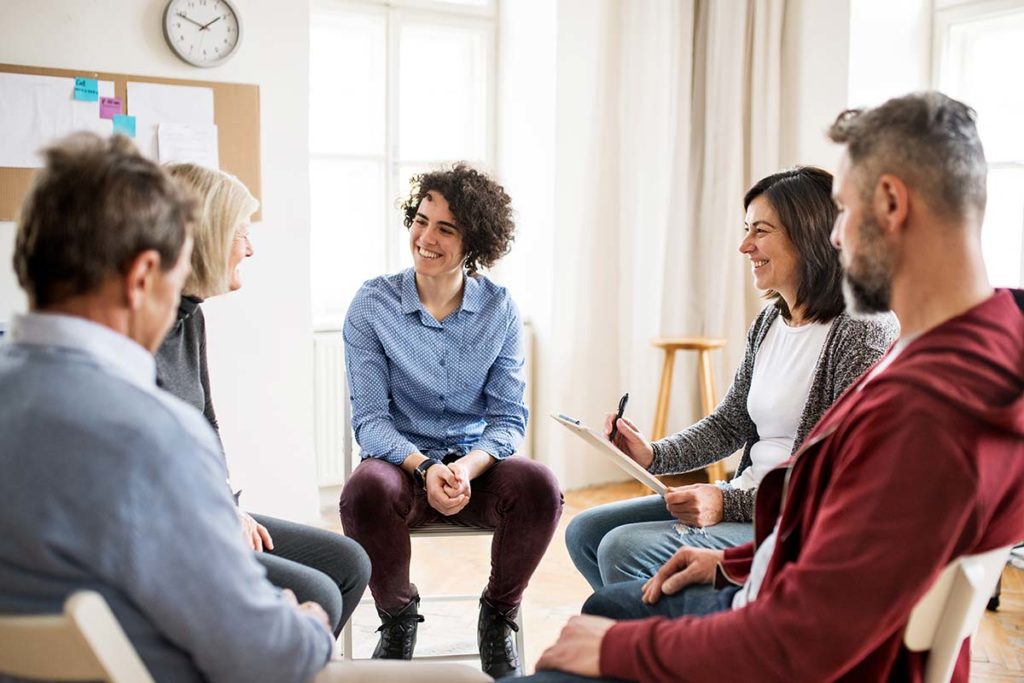If you have decided to receive professional help for a substance use disorder, going through a group therapy program may be intimidating at first. Participating in this type of therapy is often out of people’s comfort zones, as speaking up and interacting with complete strangers is not something they do every day. However, many are surprised by how effective and how fun some of the activities in group therapy can be. Knowing some of the common group therapy activities can help you be prepared to participate, giving you a head start on your recovery.
At Athens Recovery, we believe group therapy is an integral part of addiction recovery. This type of therapy has become a major part of most comprehensive addiction treatment programs and has proven to be effective for treating substance use disorders and co-occurring mental health issues. If you or someone in your life needs addiction therapy, our addiction treatment center in Athens, GA, has group therapy programs to help students, families, and professionals start the recovery process. Reach out to us at 844.959.4998 to learn more about the benefits of our programs.
Does Group Therapy Work?
Yes. Group therapy works in many situations for many clients. Group therapy is one of the therapeutic interventions that meets the American Psychological Association’s Society of Clinical Psychology standards for efficacy. Some of the disorders that can be treated with group therapy include:
- Substance use disorder
- Major depressive disorder
- Schizophrenia
- Post-traumatic stress disorder or PTSD
- Borderline personality disorder
- Bulimia nervosa
For many of these conditions, group therapy may be just as effective as individual therapy.
3 Group Therapy Activities for Adults
While there are numerous activities that can be done during group therapy, some are more common than others. The most prevalent group therapy activities for adults include:
1. Two Truths and a Lie
This is one of the most common icebreakers during group therapy, as it is an effective way to let the group members get to know one another. However, it still works even when the group members have already met before. Members write down three “facts” about themselves, two of which are true and one of which is a lie. Participants take turns reading their facts out loud, letting the other group members guess which ones are true and which one is a lie. This activity can start some great discussions about shared life experiences.
2. Strengths Spotting
While this activity can also happen during individual therapy sessions, it can be useful to go through this activity during group therapy as well. Doing it in group therapy allows the client to identify and recognize mental, emotional, or character strengths in both themselves and others. The process goes as follows:
- Participants form into small groups
- Each group member shares a positive success story about themselves while others listen
- Members make a note of the strengths they noticed in the story
- Group members give strengths-based feedback to the speaker, reading out loud the strength they noticed and explaining their rationale
- The process is repeated for each group member
3. Emotion Charades
In this simple activity, one person is given an emotion that they have to express through facial expressions, while the group has to figure out what emotion they are feeling. Emotion charades function much like normal charades, but the point of this activity is to show the group how it can be easy to misread emotions by just looking at a person. By doing that, the goal is to demonstrate how important it is to talk about your feelings to avoid confusing others.
Start Group Therapy at Athens Addiction Recovery Center
Group therapy has become a standard inclusion in many addiction recovery programs because it works. By bringing people together, group therapy and addiction recovery support groups provide new support systems that inspire lasting sobriety. At Athens Addiction Recovery Center, our programs include multiple forms of addiction counseling and community support to yield the best results. If you are thinking of breaking free from addiction, contact our intake team at 844.959.4998 so we can get you started on a program.

